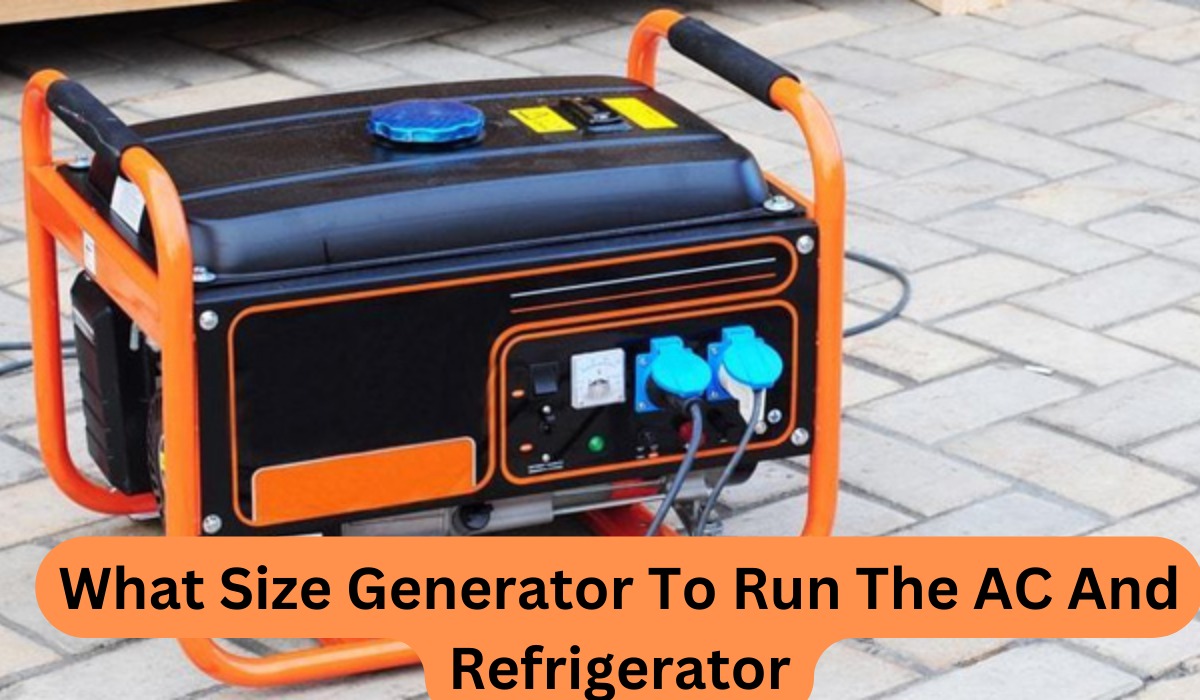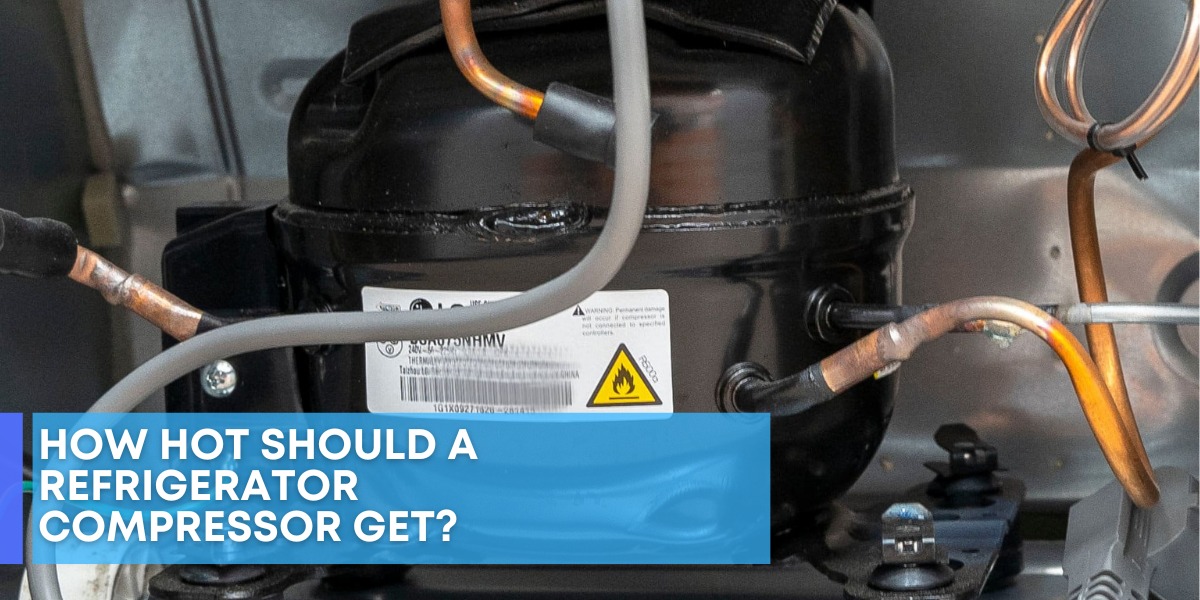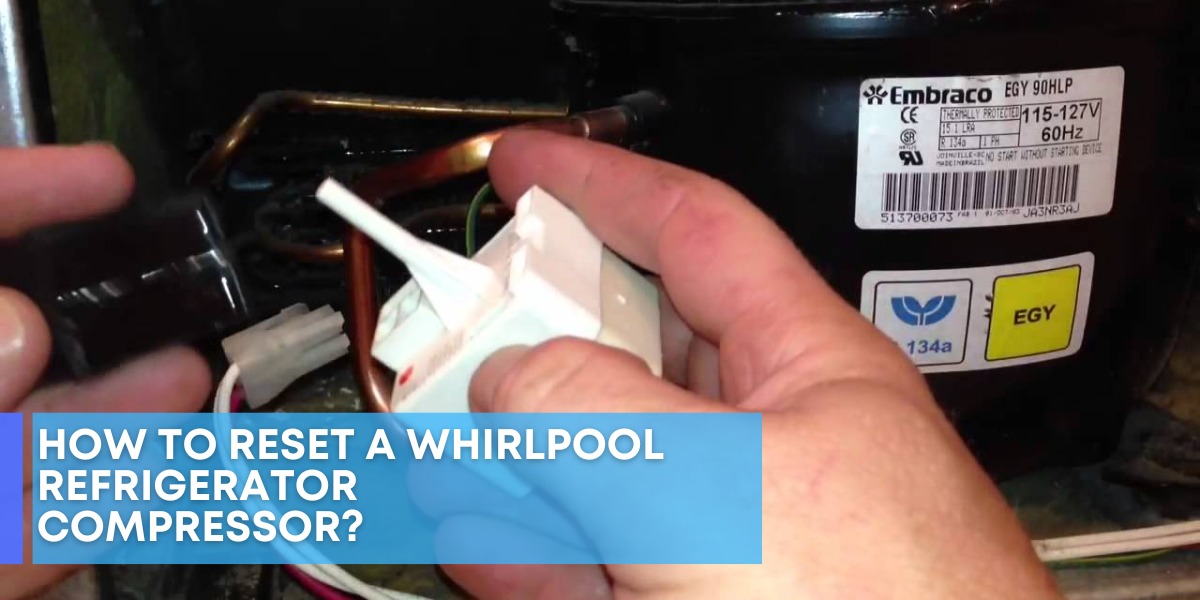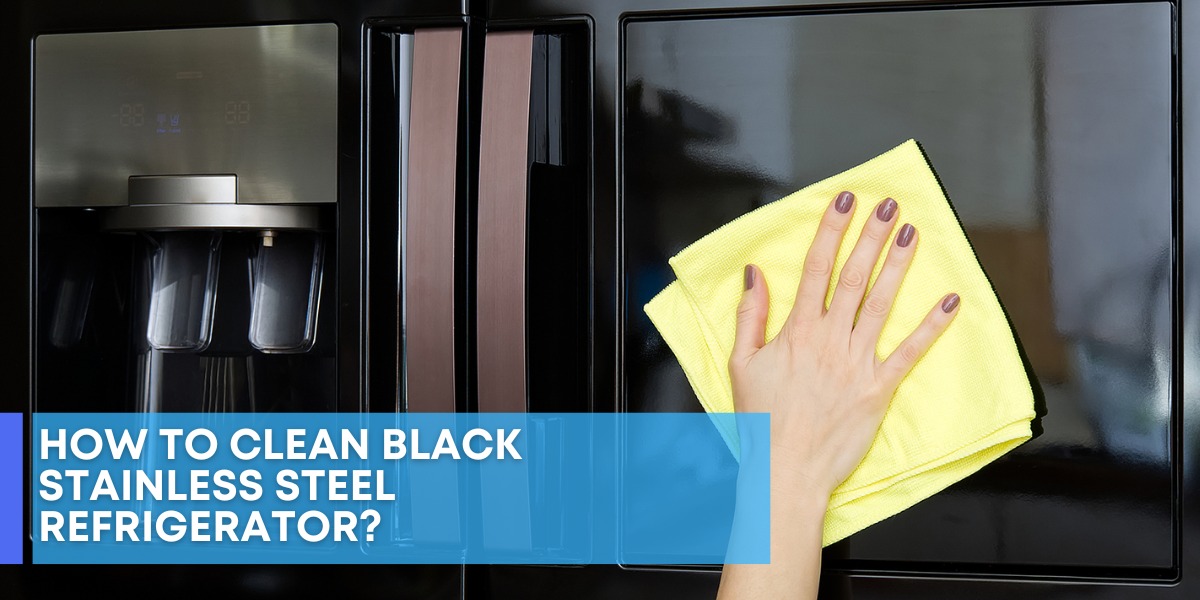Power outages are common occurrences, especially during severe weather conditions. They can disrupt daily life and cause a lot of inconvenience, especially if you rely on electrical appliances to keep your home comfortable. In such situations, a generator can be a lifesaver. However, choosing the right generator size can be a daunting task, especially if you are not familiar with the technical specifications. In this blog post, we will discuss the factors that determine the right generator size to run your AC and refrigerator during a power outage.
Factors to Consider
Before you choose a generator to run your AC and refrigerator, you need to consider the following factors:
- Wattage Requirements:
The wattage requirements of your AC and refrigerator are the most crucial factor to consider when choosing a generator. AC and refrigerator wattage requirements vary depending on their size, model, and energy efficiency rating. You can find the wattage requirements of your appliances in their manuals or on their nameplates.
- Starting vs. Running Watts:
Another critical factor to consider is the difference between starting watts and running watts. Starting watts refer to the initial surge of power that an appliance requires to start, while running watts refer to the power required to keep the appliance running. AC and refrigerators have a high starting wattage requirement, which means that you need a generator that can handle the initial surge of power without tripping the circuit breaker.
- Type of Generator:
The type of generator you choose will also impact the size you need. There are two types of generators: portable and standby. Portable generators are smaller, less expensive, and suitable for powering a few appliances at a time. Standby generators are more substantial, more expensive, and permanently installed outside your home. They can power your entire home during a power outage.
Determining the Right Generator Size
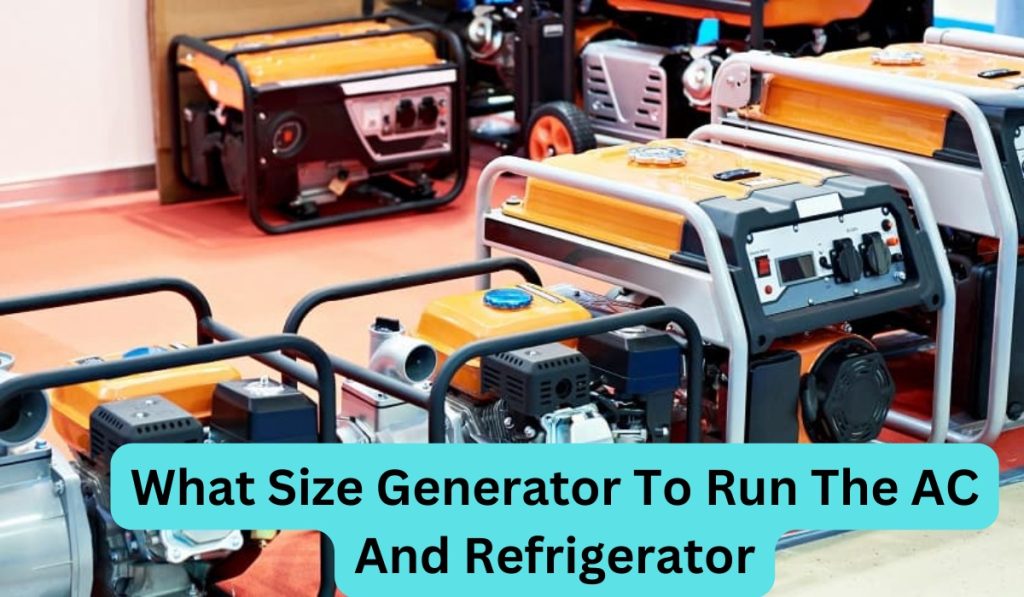
Once you have considered the above factors, you can use the following steps to determine the right generator size to run your AC and refrigerator:
- Step 1: Determine the wattage requirements of your AC and refrigerator:
As mentioned earlier, you can find the wattage requirements of your appliances in their manuals or on their nameplates. Suppose your AC requires 1800 starting watts and 1200 running watts, and your refrigerator requires 600 starting watts and 200 running watts. In that case, your total starting wattage requirement is 2400, and your total running wattage requirement is 1400.
- Step 2: Add up the starting watts of all the appliances you want to power:
If you plan to power other appliances, such as lights, fans, and TV, you need to add their starting watts to the total starting wattage requirement calculated in Step 1.
- Step 3: Determine the total running watts of all the appliances you want to power:
Similarly, you need to add the running watts of all the appliances you want to power to the total running wattage requirement calculated in Step 1.
- Step 4: Choose a generator with a capacity that meets or exceeds your total starting and running wattage requirements:
Once you have determined your total starting and running wattage requirements, you need to choose a generator with a capacity that meets or exceeds those requirements. As a general rule of thumb, you should choose a generator with a capacity that is at least 20% more than your total wattage requirements to prevent overloading and ensure that your appliances operate correctly.
Choosing the right generator size to run your AC and refrigerator during a power outage requires careful consideration of several factors, Choosing the right generator size to run your AC and refrigerator during a power outage requires careful consideration of several factors,
including wattage requirements, starting vs. running watts, and the type of generator. By following the above steps, you can determine the right generator size to keep your home comfortable during a power outage.
However, it’s essential to remember that generators can be dangerous if not used correctly. Always follow the manufacturer’s instructions for installation and operation. Keep the generator outside and away from windows, doors, and vents to prevent carbon monoxide poisoning. Use a heavy-duty extension cord to connect appliances to the generator and never plug the generator directly into a wall outlet. Finally, make sure to have a licensed electrician install a transfer switch to prevent back-feeding and protect utility workers from electrocution.
At HA Fixer, we understand the importance of having a reliable generator to keep your home comfortable during a power outage. That’s why we offer a wide selection of generators, including portable and standby models, from top brands such as Generac, Kohler, and Briggs & Stratton. Our experienced technicians can help you determine the right generator size for your needs, install it correctly, and provide maintenance and repair services to ensure that it operates correctly when you need it most.
In conclusion, choosing the right generator size to run your AC and refrigerator during a power outage requires careful consideration of several factors, including wattage requirements, starting vs. running watts, and the type of generator. By following the steps outlined in this article and taking proper safety precautions, you can keep your home comfortable and safe during a power outage. Contact HA Fixer today to learn more about our generator services and how we can help you prepare for power outages.

